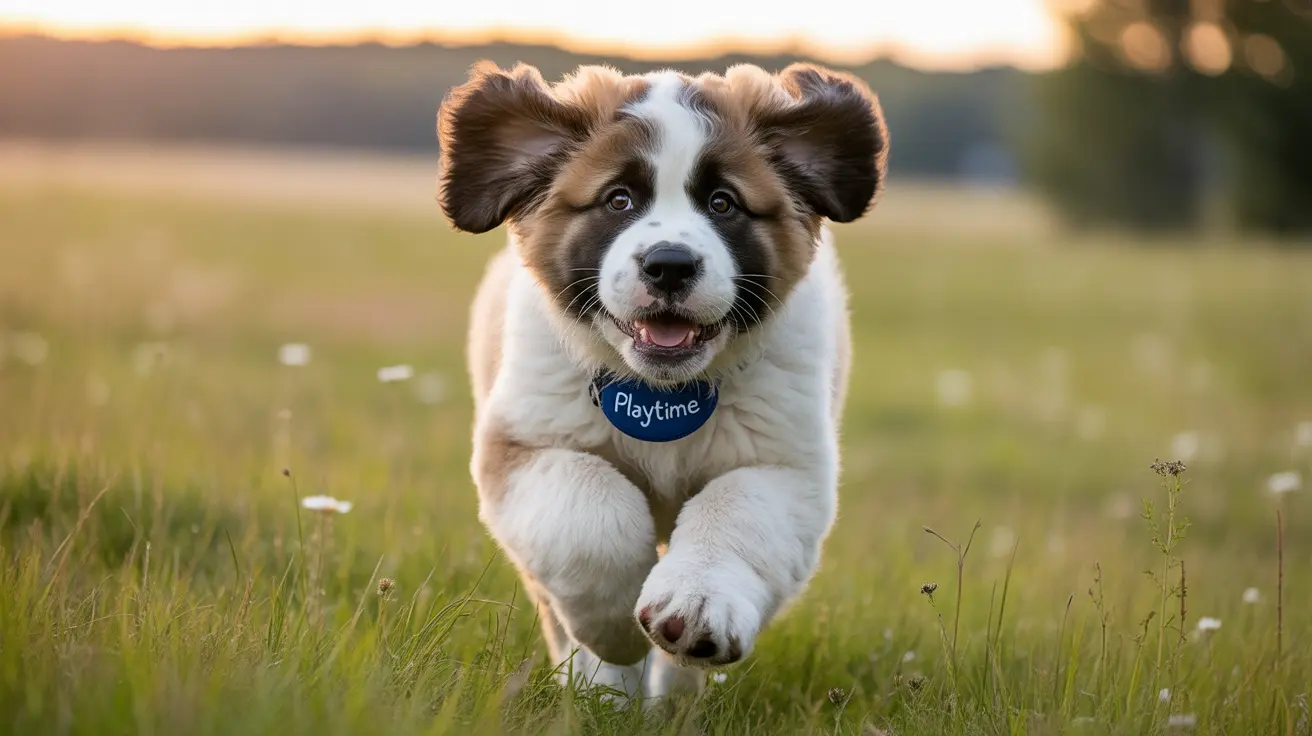Choosing the right nutrition for large breed dogs is crucial for their healthy development and long-term wellbeing. With specialized formulations designed to support controlled growth and proper skeletal development, finding the best large breed dog food requires understanding your pet's unique nutritional needs.
In this comprehensive guide, we'll explore the essential factors that make certain dog foods ideal for large breeds, from optimal nutrient ratios to specific ingredients that support healthy development.
Best Dog Food for Large Breed Puppies: Essential Nutritional Components
Large breed puppies have specific dietary requirements that differ significantly from their smaller counterparts. The right food should contain:
- Controlled calcium and phosphorus levels for proper bone development
- Moderate fat content to prevent rapid growth
- High-quality protein sources for muscle development
- Glucosamine and chondroitin for joint health
- DHA from fish oil for cognitive development
Understanding Large Breed Growth Patterns
Large breed puppies grow more slowly and for a longer period than smaller breeds. Their food should support this gradual development to prevent skeletal issues and obesity. Quality foods typically maintain a protein content between 23-28% and fat levels between 12-15%.
Best Dog Food for Large Breeds: Top Recommendations
Several veterinarian-recommended brands consistently deliver excellent nutrition for large breeds:
- Hill's Science Diet Large Breed
- Optimal protein-to-fat ratio
- Clinically proven ingredients
- Enhanced with antioxidants
- Royal Canin Large Breed
- Breed-specific formulations
- Joint-supporting nutrients
- Digestive health focus
- Purina Pro Plan Large Breed
- High-quality protein sources
- Balanced nutrition profile
- Probiotics for gut health
Critical Ingredients to Look For
When selecting food for your large breed dog, prioritize products containing:
- Real meat as the first ingredient
- Complex carbohydrates for sustained energy
- Omega-3 and omega-6 fatty acids
- Natural preservatives
- Added vitamins and minerals
Feeding Guidelines and Portion Control
Proper portion control is crucial for large breeds to maintain healthy growth rates. Overfeeding can lead to excessive growth speed and associated health problems. Follow the manufacturer's guidelines while adjusting portions based on your dog's activity level and growth rate.
Frequently Asked Questions
What is the best dog food for large breed puppies like Great Pyrenees and Saint Bernards?
Look for foods specifically formulated for large breeds with controlled calcium levels, moderate fat content, and high-quality protein sources. Hill's Science Diet Large Breed Puppy and Royal Canin Giant Breed Puppy are excellent choices.
Why do large breed puppies need special puppy food compared to smaller breeds?
Large breed puppies require controlled growth to prevent skeletal problems. Their food contains specific calcium-to-phosphorus ratios and moderate calorie content to support slower, steadier growth compared to smaller breeds.
How much should I feed my large breed puppy to ensure healthy growth and prevent skeletal problems?
Follow the feeding guidelines on your puppy's food package, adjusting portions based on growth rate and activity level. Generally, feed 3-4 meals daily for puppies under 6 months, reducing to 2-3 meals thereafter.
What are the most important nutrients to look for in large breed puppy food, and why?
Key nutrients include controlled calcium (1.2-1.5%), phosphorus (0.8-1.2%), high-quality protein (23-28%), moderate fat (12-15%), and DHA for brain development. These ratios support proper growth and development.
When should I switch my large breed puppy from puppy food to adult food, and what are the risks of switching too early?
Most large breeds should transition to adult food between 12-18 months of age. Switching too early can deprive them of crucial nutrients needed for proper development. Consult your veterinarian for breed-specific timing recommendations.






